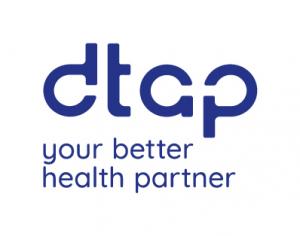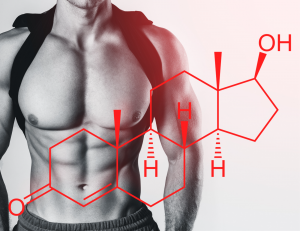Breaking the Social Taboo : Sexual Health Awareness
In Conversation with Dr Kaarthig Ganesamoorthy, DTAP Clinic
ECO CITY , KUALA LUMPUR , MALAYSIA, December 27, 2022 /EINPresswire.com/ -- Between April and May 2022, Durex Malaysia conducted a nationwide Sexual Health and Intimate Wellness Survey online to study Malaysian youths’ knowledge of sexual health. This study surveyed more than 1,000 Malaysians between 18 and 30 years old. The survey found that Malaysian youths engage in more sexual relations at 35%. This is an increase from the last 2016 Durex survey, which indicated 18.8%. (https://borgenproject.org/sex-education-in-malaysia/).
Despite the ubiquity of sexual health issues, most of us are hesitant to discuss them openly. Sexual health conversations are crucial to create safe spaces and empowering youths to make informed decisions, as many are still ignorant.
1) Why is there a taboo around sexual health amongst Malaysians?
This is because Malaysia’s health and education stance on sexual health is still fairly conservative. Though sexual education has been implemented in the education system, success would substantially depend on the extent of the curriculum covered by trained teachers with clear teaching processes. A standalone subject is highly encouraged to promote comprehensive sex education to mitigate sexually transmitted diseases (STIs) and unintended pregnancy.
For most parents, the topic of sexuality may create uneasiness, but an open and honest teen-parent conversation must be fortified to destigmatise the topic. Sexual Health campaigns like "choose to protect yourself" is a great initiative aimed at educating, and improving sexual health and well-being.
2) How important is sexual health?
This reverberates strongly with the notion that one of our purposes in life is to procreate. Sexual health encompasses many aspects for both men and women that influence and affect how we function as individuals.
Being in good sexual health means being well-informed, careful, and respectful to yourself and others. There are positive and negative connotations associated with sexual health. The positives include good physical, mental, emotional, and social health.
At the core of this is our hormonal function. A proper balance of hormones in the body will ensure that we grow and are capable of the biological functions of both men and women.
The negative effects of sexual health would include infections, unintended pregnancy or abortions, sexual dysfunction, and sexual violence. The effects can be detrimental in the long run affecting individuals, family and the community by far and large. Good sexual health is important for the fulfilment of positive reproductive health.
3) What are the common men’s sexual health issues?
In essence, these are medical issues surrounding the male genitalia like the penis, testicles, and prostate, including the hormonal regulatory pathway of humans like the thyroid gland, pituitary gland and such.
We see a variety of issues with regard to men's health. This includes, in no order of severity, low testosterone syndromes (andropause), erectile dysfunction, premature ejaculation, Peyronie’s disease, circumcisions, and sexually transmitted infections, including warts.
4) What are the common female sexual dysfunctions?
It can affect women at any age but is more commonly noted in the ageing lady. Sexual dysfunction can take several forms concerning both physical and psychological conditions. They include orgasm disorders, low libido, painful sexual intercourse and sexual arousal disarray.
5) What is the role of testosterone?
The National Institute of Health attributes that testosterone is a sex hormone that plays important roles in the body. In men, it’s thought to regulate sex drive (libido), bone mass, fat distribution, muscle mass and strength, and the production of red blood cells and sperm. A small amount of circulating testosterone is converted to estradiol, a form of estrogen. As men age, they often make less testosterone, producing less estradiol. A low hormonal profile will make a person less capable of performing male bodily functions.
Dr Kaarthig Ganesamoorthy is a clinician with over a decade of experience and is certified in men's health by the Singaporean Society of Men's Health. Dr Kaarthig has a great interest in men's, women's, and sexual health, helping people from all walks of life to journey through adult health challenges, never shying away from medical curiosity.
www.dtapclinic.com.my
Dr. Kaarthig Ganesamoorthy
DTAP Clinic
+60 17-444 3052
marketing@dtapclinic.com
Dr Kaarthig Ganesamoorthy on Testosterone and Erectile Dysfunction



